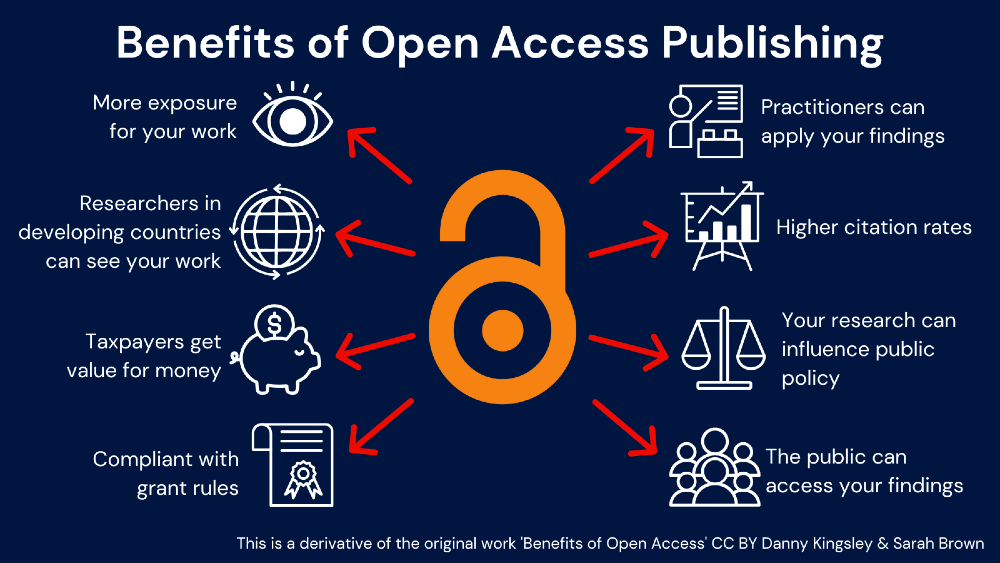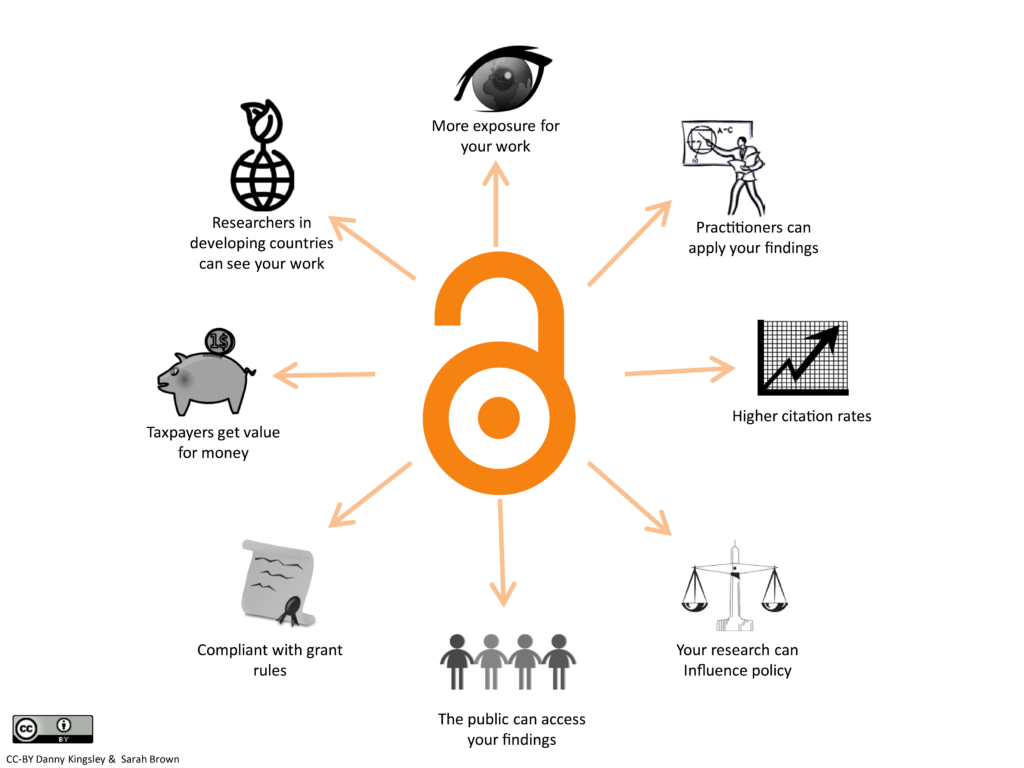The Power of Open Access: Breaking Down Barriers to Knowledge
For centuries, knowledge has been locked behind paywalls, accessible only to those with the resources to afford expensive journal subscriptions or university library access. This restricted access stifled innovation, hindered collaboration, and created an uneven playing field in research and education. Open access, on the other hand, champions the free availability of scholarly research, democratizing knowledge and unlocking its transformative potential. It allows anyone, anywhere, with an internet connection, to access and utilize valuable research findings, fostering a more equitable and collaborative global community of learners and researchers.
Accelerating Scientific Discovery Through Collaboration
Open access significantly accelerates scientific discovery by fostering a more collaborative research environment. When research is freely available, scientists can build upon each other’s work more efficiently, leading to quicker breakthroughs. Researchers can easily identify gaps in knowledge, replicate experiments, and avoid redundant research efforts. This collaborative approach is crucial in tackling complex global challenges like climate change, disease outbreaks, and food security, where rapid progress is vital.

Open Access and its Impact on Global Health
The implications of open access are particularly profound in the field of global health. Rapid access to vital medical research can be life-saving, allowing healthcare professionals in resource-limited settings to implement evidence-based practices and make informed decisions. Open access journals and repositories provide crucial information on disease outbreaks, treatment protocols, and public health interventions, leading to improved healthcare outcomes and a more equitable distribution of health resources worldwide.
Democratizing Education and Empowering Learners
Open access extends beyond the realm of scientific research; it plays a crucial role in democratizing education. Students and educators globally can access a vast range of research articles, textbooks, and educational materials without the financial constraints of traditional publishing models. This increased access levels the playing field, empowering learners from diverse backgrounds and geographical locations to participate fully in the educational process. It fosters a culture of lifelong learning and enhances educational opportunities for individuals who may otherwise be excluded.
Addressing Ethical Concerns and Promoting Transparency
While open access offers immense benefits, it also raises some ethical considerations. Concerns about plagiarism, predatory publishing, and the sustainability of open access models require careful attention and the development of robust mechanisms to ensure the quality and integrity of open access publications. Transparency in the peer-review process and the establishment of clear guidelines are essential to address these concerns and maintain the credibility of open access initiatives.
The Future of Open Access: Expanding Reach and Impact
The future of open access is bright, with ongoing efforts to expand its reach and impact. Technological advancements, such as improved search engines and data repositories, are making it easier to discover and access open access resources. The growing adoption of open access mandates by funding agencies and research institutions is driving the transition toward a more open and equitable system of knowledge sharing. Furthermore, the development of innovative funding models and business strategies is crucial to ensure the long-term sustainability of open access publishing.
Open Access: A Catalyst for Global Progress
In conclusion, open access is more than just a publishing model; it’s a powerful catalyst for global progress. By breaking down barriers to knowledge, it fosters collaboration, accelerates scientific discovery, improves education, and empowers individuals worldwide. While challenges remain, the benefits of open access are undeniable, making it a crucial component of a more equitable, just, and innovative future. Read more about open access publishing benefits.

